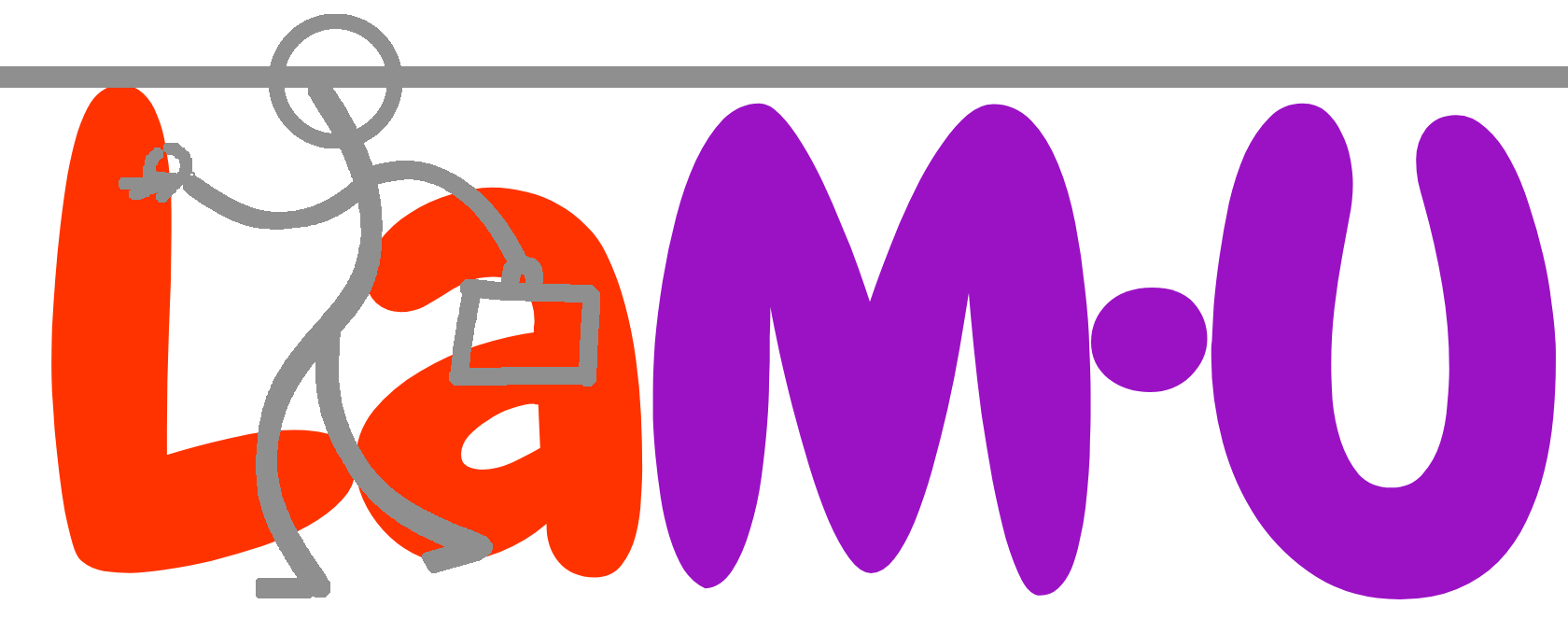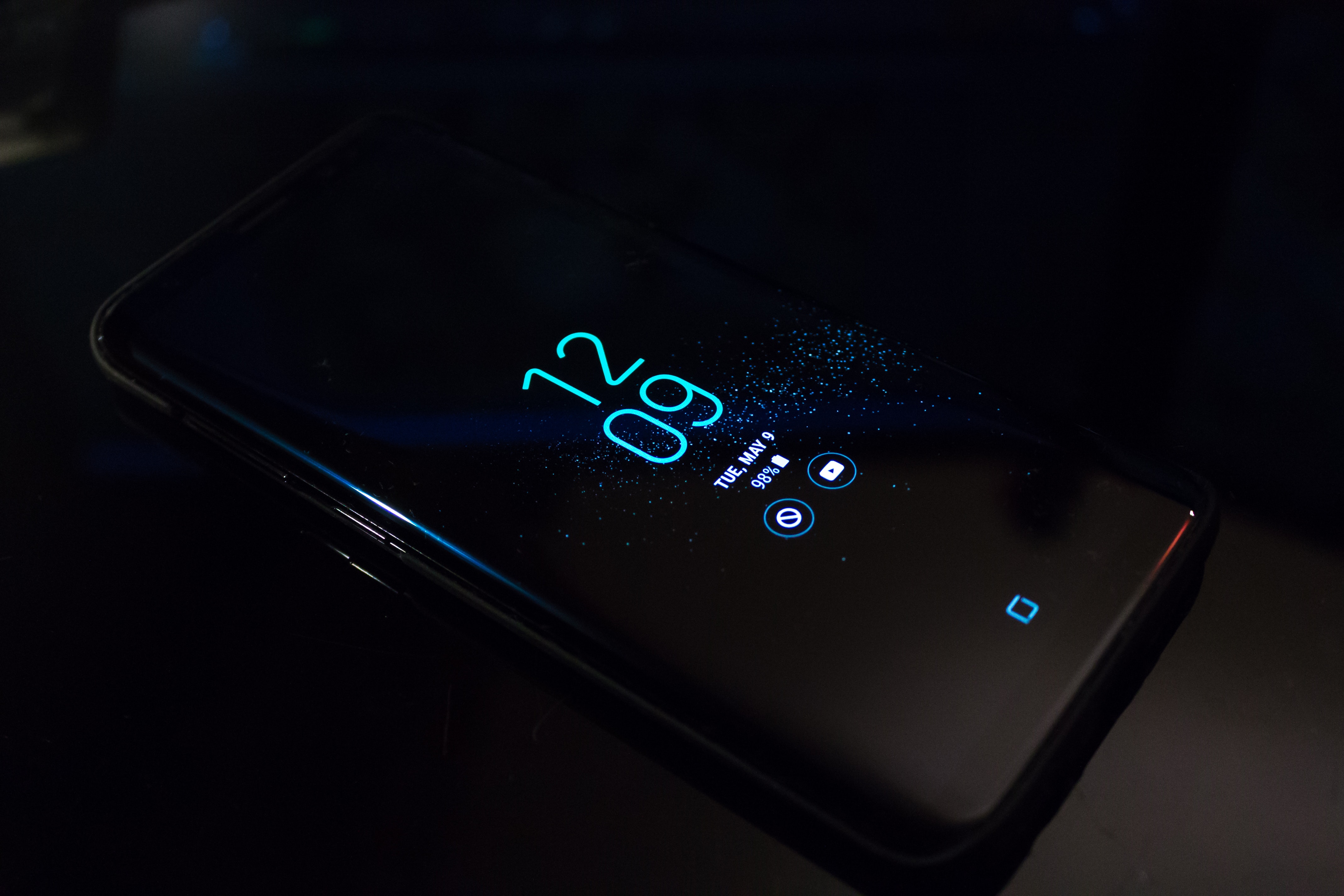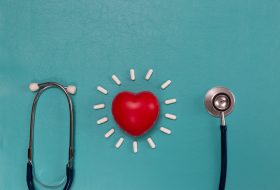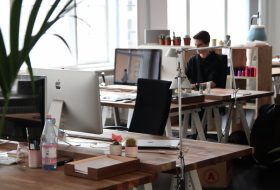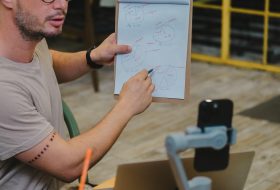Our screens became an integral part of our lives. But do you know they also directly affect our ability to sleep, because of the blue light they emit? We will give you some advice to help you get some sleep despite it all.
Smartphones, tablets, computers, TVs… Electronics are everywhere in this day and age. Be it for work or for entertainment, our screens take a more and more prevalent part of our lives as time goes on. According to Prévoir, basing themselves on a study by NordVPN (link in French), in 2019 French people spent 56 hours in front of the screens, 20 of them just for work. This points out to the fact that, even with moderation on our end, we are “forced” to use all those electronic devices.
Research is still ongoing on the exact long-term effects on health, but there is a situation where it is admitted screens are a problem : when it comes time to sleep.
A major part of this is due to the blue light going off from our screens.
What are the effects of blue lights?
First off, no need to panic: blue light is not entirely harmful. It is actually very necessary to live ! During the day, our eyes are absorbing blue light continuously. A clear blue sky outside will generate serotonin, the “happiness hormone”, and cortisol, which is a stress hormone. This is what keeps us active during the day and keeps us going. Even during a cloudy day, the effects are significant, and therapies based on blue light have been invented to counter winter depression.
Our screens are a bit different : they generate violet-blue light, but in a nutshell, if we can avoid ocular fatigue (please think to look away from your computer every now and then, and look at a point far away from you, to avoid this !), they do contribute to our blue light intake, even on a smaller scale.
The problematic part is when the evening and night are coming. Blue light hinders melatonin production, the hormone that helps us sleep when it is dark outside. Lesser amounts of melatonin brings greater difficulties to sleep and a lesser sleep quality, with all the problems for health, mood, and well-being going with it.
Basically, with electronics screens, we’re “fooling” our brain into thinking it’s still day outside – while it is actually 2 AM and you are really starting to feel tired… But you’re not sleeping better despite it all.
Not everything is lost, however : there are solutions to at the very least mitigate this issue !
Filter the night away !
This now generalized problem is something people ended up becoming aware about, including electronic devices designers. Most of them come now with integrated anti-blue light filters : look on your phone or your computer, the option is sometimes hidden out of the way, but it does exist !
These functions will put an “orange” filter on your screen, limiting the blue light quantity they’re emitting.


On a Windows 10 PC, you can find the Night Lights option on the bottom right Notifications menu (in french on the screenshot).
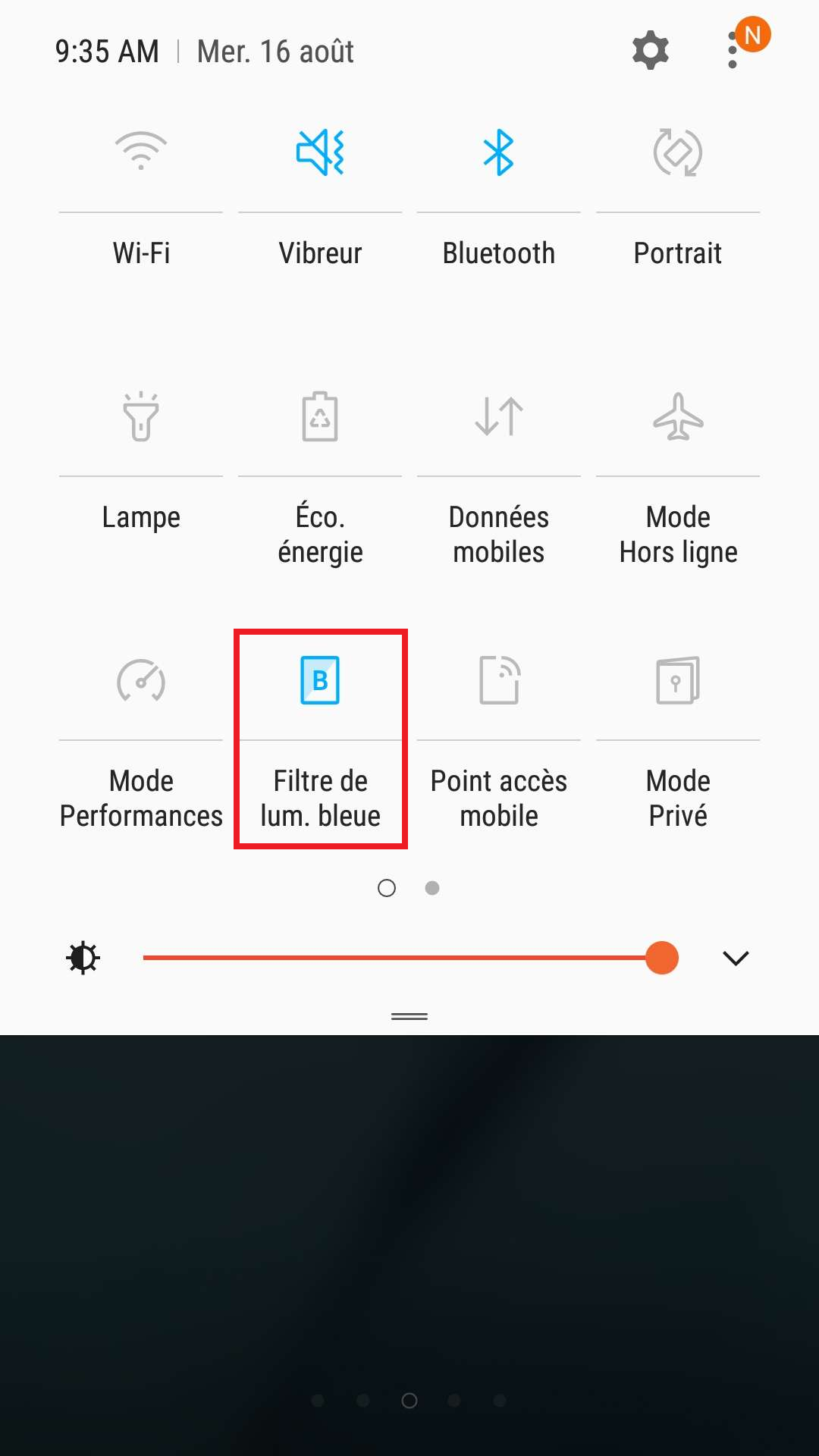

On smartphones – here a Samsung Galaxy S7 – you can find the option in the menus.
On Macs and iPhones, you have the Night Shift option.
These options are already completely functional by themselves, but there are other, more specialized applications. My personal recommendation goes to f.lux for computers : it will take over automatically in the evening, and is customizable to suit your needs ! It is being developed and used actively, and works very well.
For more physical needs, glasses work too
In the same fashion as lecture glasses, there are anti-blue light glasses to wear in the evening, to limit the impact of your screens on your sleep. You can find them on the internet, but do be careful not to wear them all the time… It could diminish your blue light intake from natural sources as well. If you have any doubts, ask to your optician about it.
If you’re already wearing glasses, chances are they can be equipped – or already are equipped – with anti-blue light lenses !
And of course, no matter the precautions, it is better to keep good life hygiene : leave your screens one hour before bedtime ! Your melatonin will thank you.
